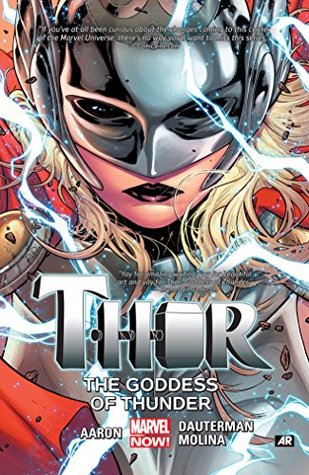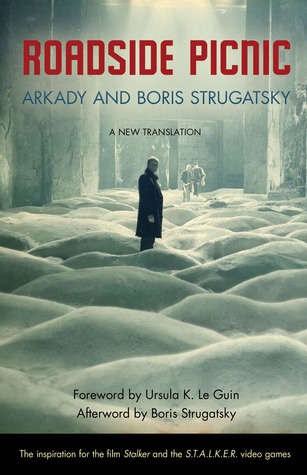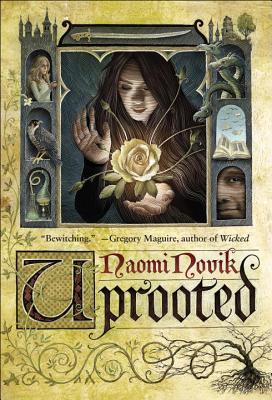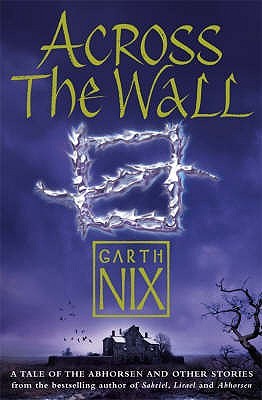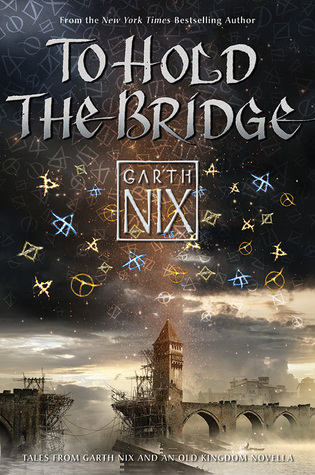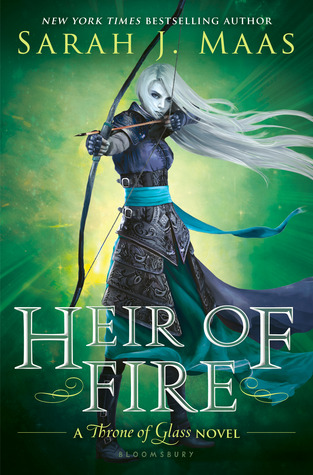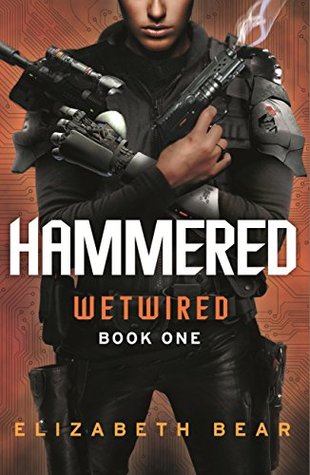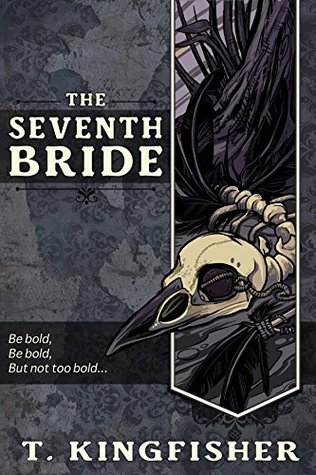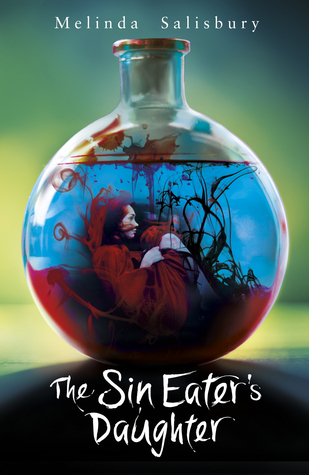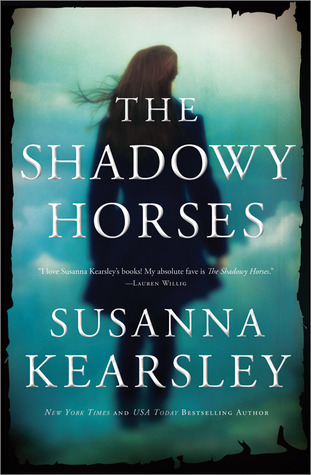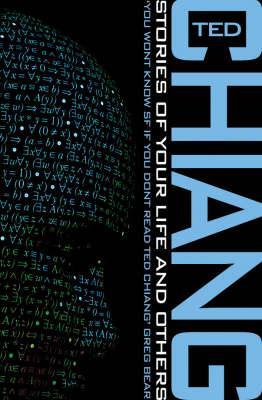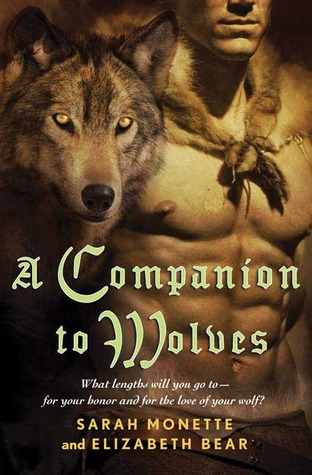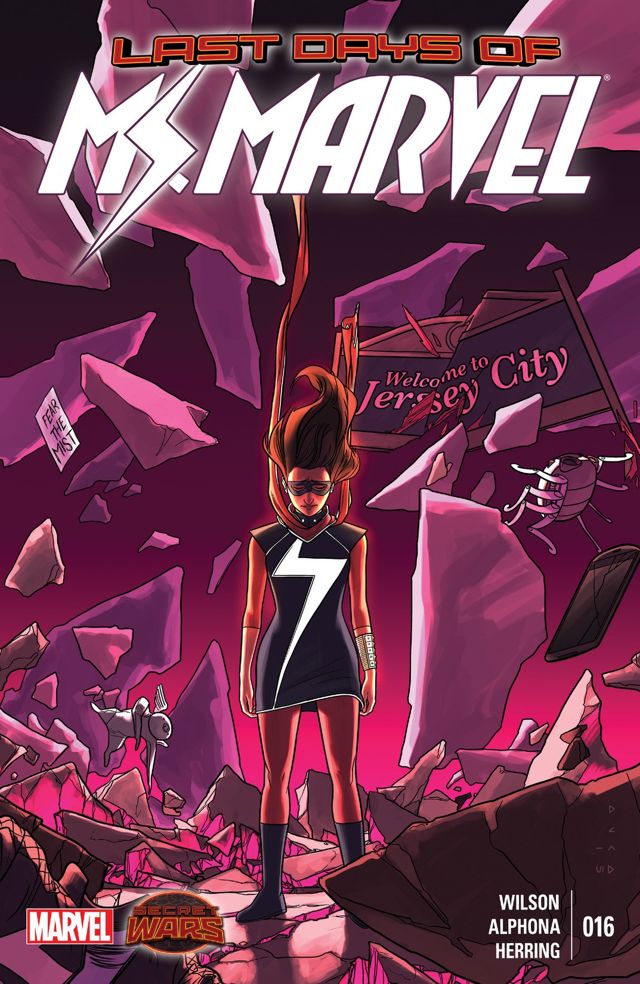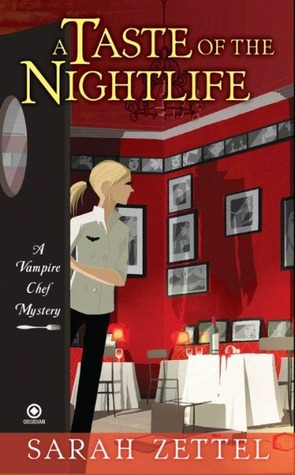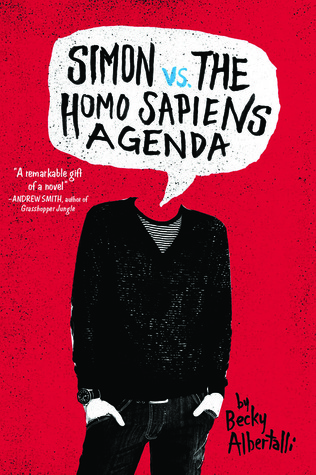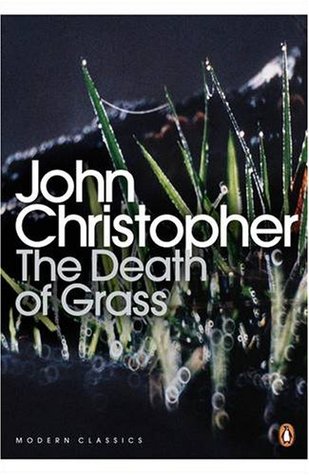 The Death of Grass, John Christopher
The Death of Grass, John Christopher
Review from 25th January, 2012
There’s a sense in which all post-apocalyptic novels feel the same. In all of them, we see society collapsing, torn apart by the pressure of finding a way to survive. The Death of Grass is no different, but it’s very well written and well structured. There’s a Chekhov’s gun or two, a good structure which takes us from calm gentility to the feudal need to survive terrifyingly believably, terribly fast. It’s horrible, but you can understand the characters, understand their decisions.
And if you can read it and say with assurance that you’d never even think of doing those things, I think you’re probably lying to yourself. Personally, I doubt I’m capable of such ruthlessness, but I can’t swear I wouldn’t allow someone else — say, my father — to do it for me. It’s easy to wring your hands and call your protector a tyrant, but not so easy to walk away from that protection.
So, yeah, well-written and definitely worth a read if post-apocalypse worlds or human nature are your interest.
Rating: 4/5

